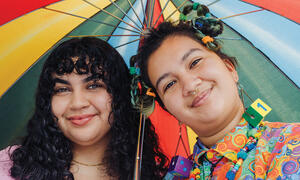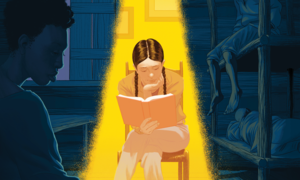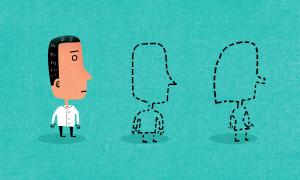article
2,667 Results
article
ChangeMakers for an Inclusive and Just Future

LGBTQ+ youth activists from the ChangeMakers Leadership Institute advocate for inclusive education and community resilience in the face of oppressive legislation in Florida.
article
The Story of Learning
This literacy unit allows ESL students to understand their learning styles while helping the school better understand their students.
article
Resources for the New Year!
These Perspectives for a Diverse America resources for all grades are sure to help you get the new semester off to a good start.
article
Survey Says?
Teaching Tolerance asks educators about the social climate of their classrooms
article
article
"Rape Culture" Lives Close to Home
When students express outrage over the “rape culture” in another country, the teacher brings the discussion closer to home for further exploration.
article
An Open Letter to Teachers Everywhere
A look at an educator's struggle to reconcile ideology with reality in our nations' classrooms and schools.
article
Cleaning the Middle School Mess with Teamwork
In New Orleans it’s called “mess.” That cancerous, manipulative drama that teenage girls get wrapped up in every year. We dealt with our share of it this year at my school, most of it within the seventh grade. It came to a head with two strong-willed young ladies yelling from behind their desks, exchanging threats and insults.
article
Table Talks—Literacy via Student-led Discussions
This middle school teacher has an idea that can greatly impact student learning—with students leading the way.

